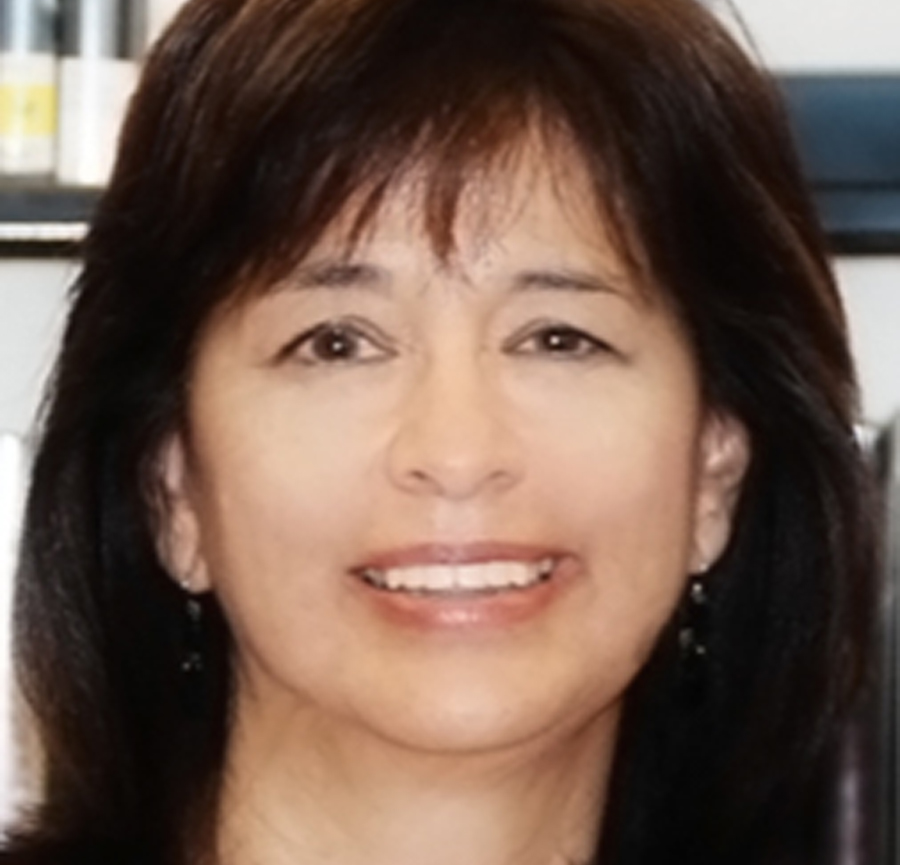That’s why it was so invigorating to convene with hundreds of school board members, superintendents and school staff at the 2022 Leadership Institute in Los Angeles. One of the biggest impacts of the pandemic was the isolation that it imposed on so many of us, creating a void that technology could only partially fill. The chance to be in communion with so many dedicated education leaders, first at the 2021 Annual Education Conference and then this July at Leadership Institute, was truly restorative for me and for many others.
I left Leadership Institute not only revitalized for the challenges of the upcoming school year, but also enriched by the dialogue and education there. The theme of this year’s event was “Leadership in a time of chaos, change and opportunity,” which captured the crossroads we stand at as we emerge from the triage phase of the pandemic. Now is the time to progress beyond a deficit mentality and to build our physical and intellectual infrastructure so that we are more prepared for the next crisis and better positioned to improve outcomes for all students. The speakers at Leadership Institute addressed this idea in a number of ways related to emergency preparedness, effective board meeting governance, budgeting and equity, crisis communications, community engagement and the provision of mental health services.

Dr. Victor Rios, associate dean of Social Sciences and MacArthur Foundation Professor of Sociology at the University of California, Santa Barbara, had some especially profound thoughts on how education leaders can develop a more productive atmosphere for students and staff who are struggling with longstanding issues as well as the more recent challenges brought on by the pandemic.
Dr. Rios advocated for more holistic means of measuring student success that include engagement, safety, wellness and growth — as opposed to simply ranking students by test scores. He also urged the audience to address staff shortages and teacher retention through grow-your-own programs and professional development that emphasizes teacher wellness and cultural competency. Dr. Rios also had some advice for school leaders on creating an environment where teachers feel supported and empowered to do their best work, recommending that we avoid new frameworks and overly prescriptive regulations, and instead communicate our personal commitment to public education.
“Teachers are not going to listen to your ‘what,’ they’re going to listen to your ‘why,’” he said. “Purpose is crucial — giving your educators their why … and consistently having opportunities for them to remember their why.”

Cutting through the chaos, Dr. Stavas arrived at the scene and got to work immediately, administering CPR, applying tourniquets and triaging the wounded. She didn’t set out to be a hero, but she became one. In reflecting on this moment and the lessons it provides, Dr. Stavas noted that, “We cannot always predict or control the situations we find ourselves in, but what we can influence is how we choose to experience a situation.” And she added that, “chaos and challenges do not have to be our enemy — rather, they can be our opportunity to find creative ways to improve.” This is the task before us as we enter the 2022–23 school year — to move beyond the disruption of the pandemic and progress in the difficult but essential work of building a school system that works for all students.